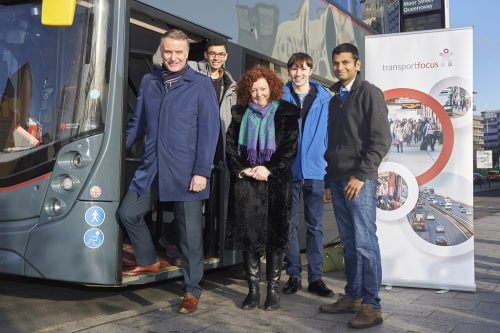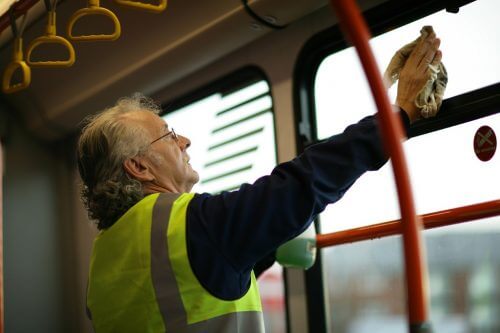 Independent watchdog Transport Focus has released a summary report on young people’s attitudes towards bus use, described as a call to action for Governments, local authorities and bus operators. Peter Jackson dissects the report to find out what needs to be done to keep youngsters on side
Independent watchdog Transport Focus has released a summary report on young people’s attitudes towards bus use, described as a call to action for Governments, local authorities and bus operators. Peter Jackson dissects the report to find out what needs to be done to keep youngsters on side
According to Transport Focus’ Autumn 2016 Bus Passenger Survey, more young people use the bus than any other group of passengers, yet they are also the least satisfied category of bus users.
In a bid to find out the reasons behind this, the organisation’s latest report includes research from focus groups comprised of young people between the ages of 14-16 and 17-19 in Leeds, Norwich, Solihull and Shenfield. The organisation also carried out 1,000 interviews with 14-19 year olds from around the UK.
Despite certain operators introducing student-focused fare deals, accompanying ticketing apps and on-bus WiFi and USB charging, the independent watchdog argues that these initiatives are ‘patchy’, and more work still needs to be done to encourage young people to continue taking the bus through choice – not necessity.

By subscribing you will benefit from:
- Operator & Supplier Profiles
- Face-to-Face Interviews
- Lastest News
- Test Drives and Reviews
- Legal Updates
- Route Focus
- Industry Insider Opinions
- Passenger Perspective
- Vehicle Launches
- and much more!


